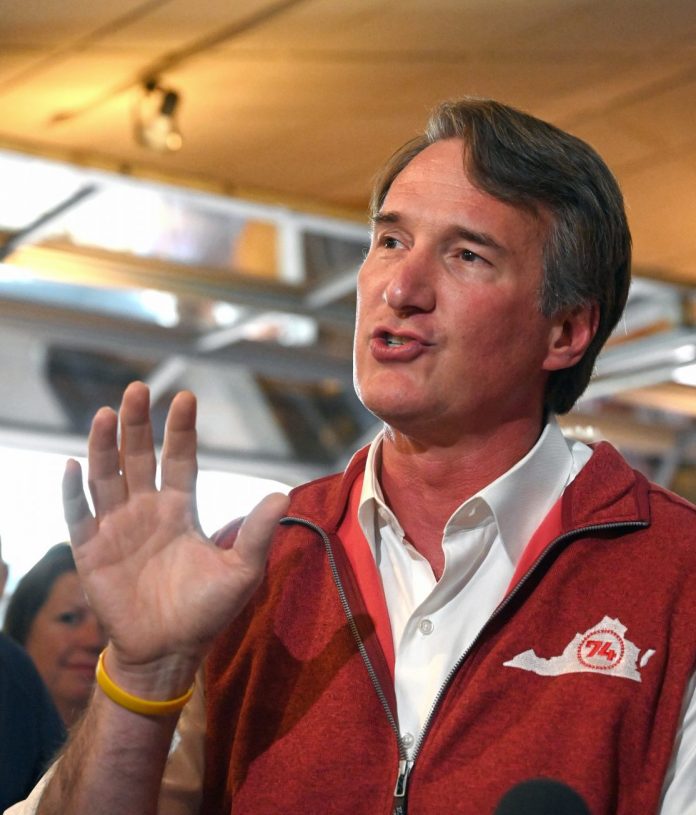Virginia is stepping back from electric vehicle (EV) requirements that would have phased out the sale of new gasoline-powered vehicles by 2035. Governor Glenn Youngkin announced that starting in 2025, Virginia will no longer adhere to California’s stringent emissions standards and will instead follow the less restrictive federal rules.
Republican Governor Youngkin cited a legal opinion from state Attorney General Jason Miyares, stating “Virginia is not required to comply with the updated standards California adopted in 2022.” These standards set escalating thresholds for new zero-emission vehicle sales, beginning at 35% in 2026 and reaching 100% by 2035.
It is important to note that Virginia had previously adopted California’s emissions standards in 2021 under then-Democrat Governor Ralph Northam.
“The idea that government should tell people what kind of car they can or can’t purchase is fundamentally wrong,” Youngkin stated. “Virginians deserve the freedom to choose which vehicles best fit the needs of their families and businesses.”
This decision comes amid declining consumer demand for zero-emission vehicles, prompting automakers to adjust their EV model launches and battery factory investments accordingly. According to the Alliance for Automotive Innovation, California’s EV standards may not be suitable for other states due to varying consumer demands. Youngkin’s office noted that only 9% of vehicles sold in Virginia in 2023 were electric.
Despite repeated attempts by Republican lawmakers to overturn Virginia’s adherence to California’s standards, Youngkin’s move bypassed the legislative failures. This action has been criticized by environmental groups and Democrats. Wyatt Gordon from the Virginia Conservation Network labeled the decision as “undemocratic,” accusing the governor of overstepping legal boundaries. Virginia Senate Majority Leader Scott Surovell echoed these sentiments, predicting the decision would not hold up under judicial scrutiny.
Meanwhile, industry groups successfully lobbied the Biden administration for more time to comply with stricter federal emissions rules designed to increase EV adoption. The Environmental Protection Agency released new standards in March that gradually tighten regulations, aiming for electrics to make up over half of new-vehicle sales by the early 2030s.



